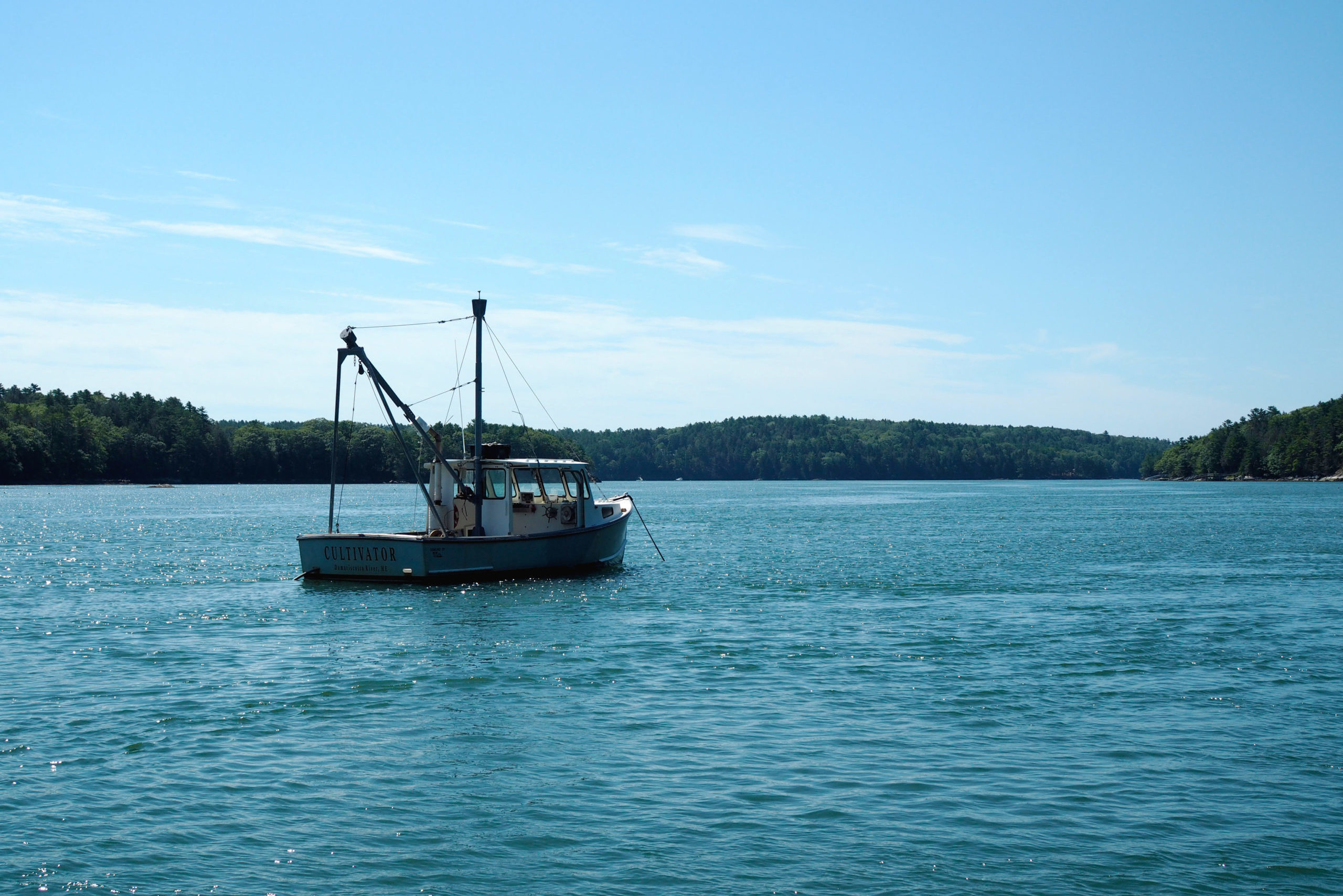September 10, 2020
Glidden Point Oysters
Bivalve aquaculturists (oysters, scallops, mussels) face unique challenges, not seen in either traditional farming or marine harvesting. A typical lobstering season in Maine lasts around nine months. Terrestrial farms plan crop rotations over years, but plant on an annual basis. To grow an oyster from “seed” (known as spat), however, takes three to four years, meaning oyster farmers have to work for several years before they can make a single sale, let alone turn a profit. Long-term planning and patient capital sources are key to an oyster farm’s success.
When Ryan McPherson bought Glidden Point Oyster Co. in 2016, the company was thirty years old and was established as a source of premium Maine oysters, primarily for the high-end restaurant market. Ryan planned to grow the company in two primary ways: by utilizing the full acreage of their aquaculture lease and by expanding to new markets.
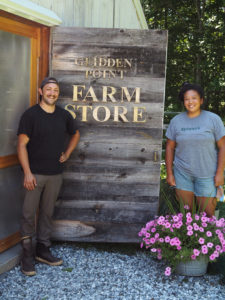
Ryan and his team, which include General Manager Jonathan Turcotte and Sales & Purchasing Manager Sarah Xiao, worked to make that plan a reality. Glidden Point shifted production to a new property on the Damariscotta River that also allowed them to add a farm store and dine-in patio area to attract direct retail customers. The company also began acting as a mentor and distributor to other small oyster farms in the state, with the goal of making Maine, not just Glidden Point, a go-to for quality oysters.
By February 2020, Glidden Point’s growth plan was on track with robust sales and partnerships with 20 smaller farms. The company was selected to be part of the Tastemaker Initiative, a business cultivator developed jointly by CEI and FocusMaine to develop Maine’s food economy and grow jobs by providing capital and technical assistance to growth-oriented businesses within the agriculture and aquaculture sectors.
Glidden Point received funding to help them develop their distribution arm of their business, which would in turn benefit the smaller farms they sourced from. By March, the Glidden Point team started meetings to develop operating procedures and marketing plans, when the COVID-19 Pandemic struck.
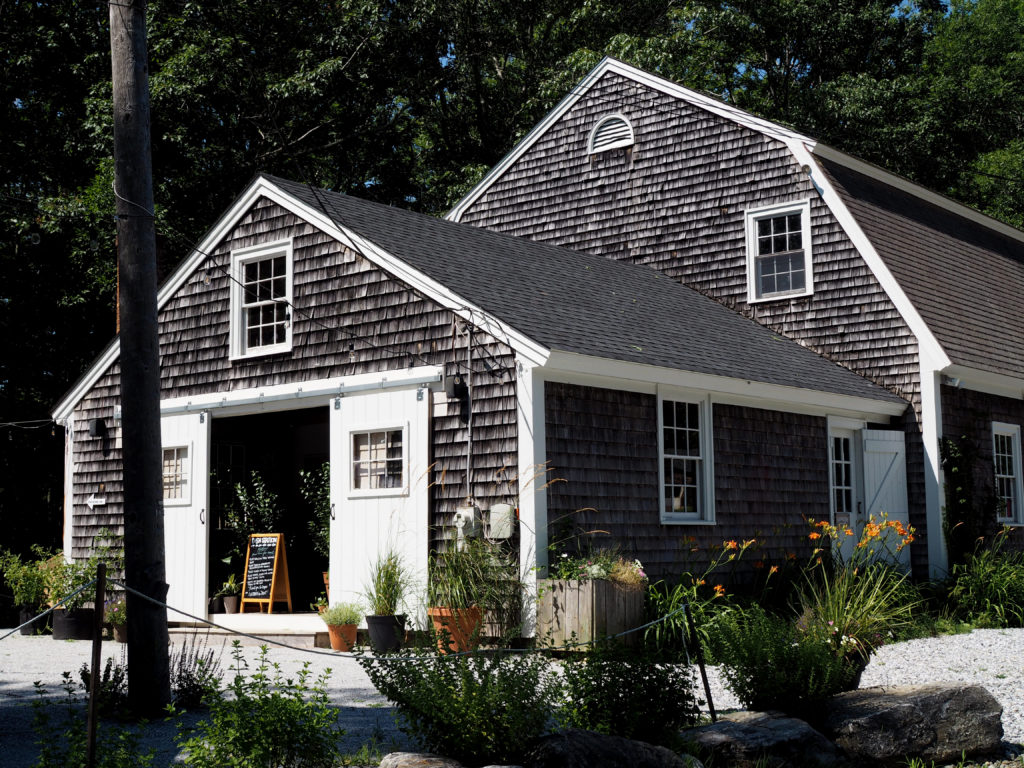
Suddenly, restaurants were shutting their doors and domestic buyers pulled back on orders. Those that were still buying were focusing hyper-local. A business that had thrived on long-term planning had to pivot, and quickly.
With dining out shifting to dining in, the team at Glidden decided to focus to a direct-to-consumer e-commerce/shipping model. The challenge here was twofold: first, the logistics of shipping a sensitive live product to homes; and second, educating consumers used to a raw bar experience that they could prepare and enjoy oysters at home. Key to making this shift successful was the capital provided by CEI via the Tastemakers Initiative and the flexibility CEI provided Glidden Point in shifting the utilization of the funds.
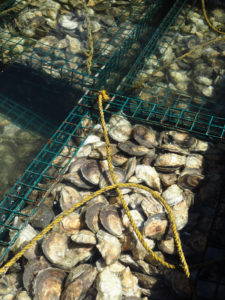
“[The flexibility] was very helpful from a survival standpoint, if no longer a growth standpoint, during a difficult time,” said General Manager Jonathan Turcotte.
Glidden Point isn’t writing off long-term growth though; the team sees a lot of untapped market share, particularly in the direct-to-consumer market. Their e-commerce platform experienced a 1000% growth in sales over the previous year and they are exploring additional add-ons for their at-home oyster kits including additional seafood offerings and private label products, which would involve additional Maine co-producers.
Maine is well-positioned to brand itself as the source for quality farmed seafood of all kinds, and the industry could use deeper financial support to bring an all-inclusive “Maine Seafood” brand on par with Maine lobster. Glidden Point identified a need for providing business support and capital to new growers, particularly to help them overcome the hurdles of complex logistics and licensing, a general lack of expertise with business financials, and the capital-intensive nature of aquaculture starts-ups. The Glidden Point team cautioned that support shouldn’t end at start up, and that assistance is needed to build out and enact those necessary multi-year plans, something that could also be supported by specialized training/education for bookkeepers, accountants and lenders. The opportunity to expand Maine’s aquaculture economy is there, and resources such as the Maine and Federal governments, private funding, non-profit organization support, and engaged producers like Glidden Point can be the leaders in moving Maine seafood products to be among the most desirable in the country – and the world.
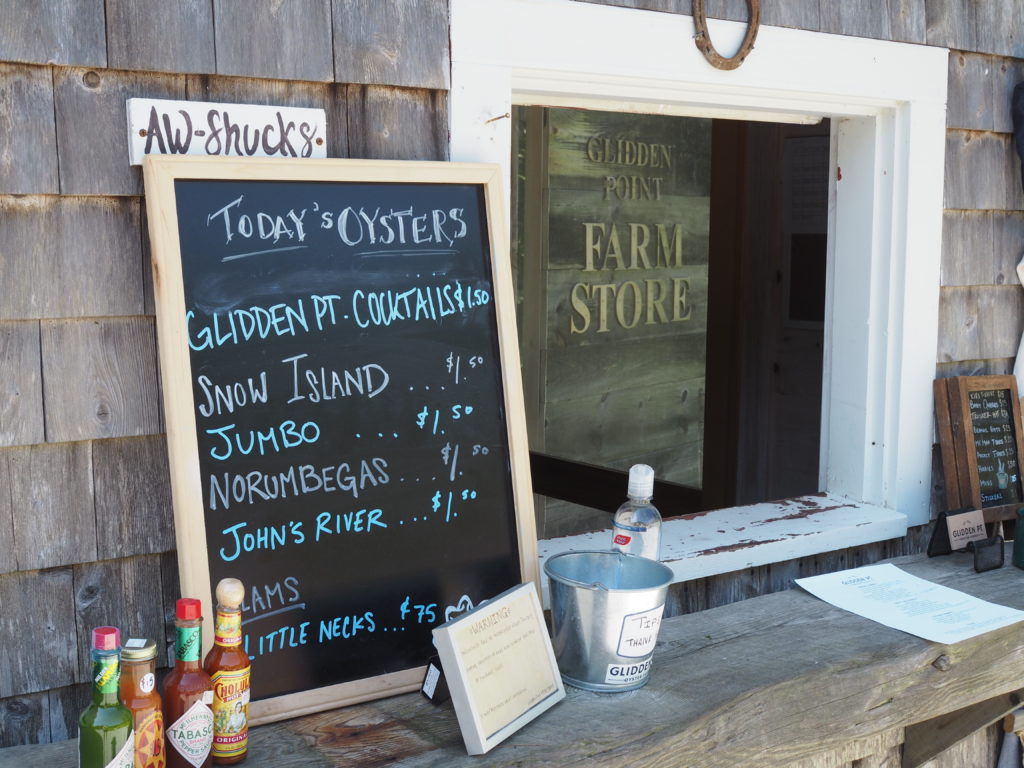
LEARN MORE ABOUT GLIDDEN POINT
- Website: https://www.gliddenpoint.com/
- Facebook: https://www.facebook.com/GliddenPoint/
- Instagram: https://www.instagram.com/GliddenPoint/
CEI – 40 YEARS of AQUACULTURE & MARINE-BASED BUSINESS EXPERTISE
CEI’s involvement in Maine’s fisheries, aquaculture, and marine trades sectors spans our 40-year history. CEI provides advising and financing to fisheries and aquaculture businesses to improve their long-term viability, create and maintain quality jobs, safeguard marine-related infrastructure and environments, and help preserve the cultural integrity of Maine’s working waterfront.
Learn more: https://www.ceimaine.org/advising/natural-resources/fisheries-and-waterfront/
LOOKING TO IMPROVE YOUR AGRICULTURAL OR FOOD-BASED BUSINESS?
CEI’s Sustainable Agriculture and Food Systems Program supports an economically just and sustainable food system that creates quality jobs for a diverse workforce and builds wealth and resilience in rural communities.
Clients include: Farms; “value chain” businesses such as food processors, distributors, and value-add manufacturers, as well as infrastructure businesses such as farm inputs or composters ; food retailers, such as independent grocers, coops, or local food markets; and food-related nonprofits and food access organizations
Learn more: https://www.ceimaine.org/advising/natural-resources/agriculture/
